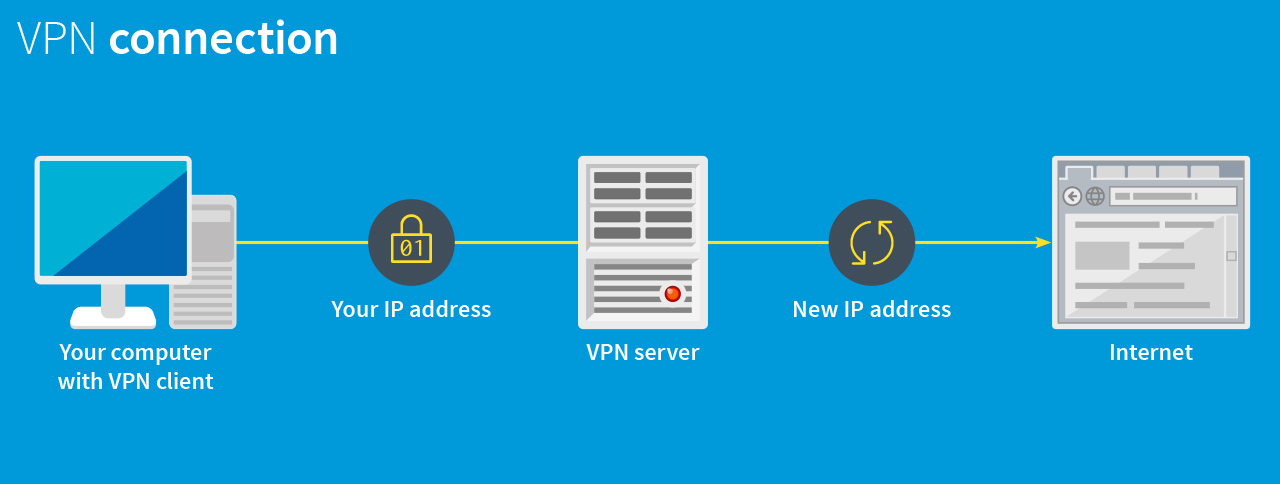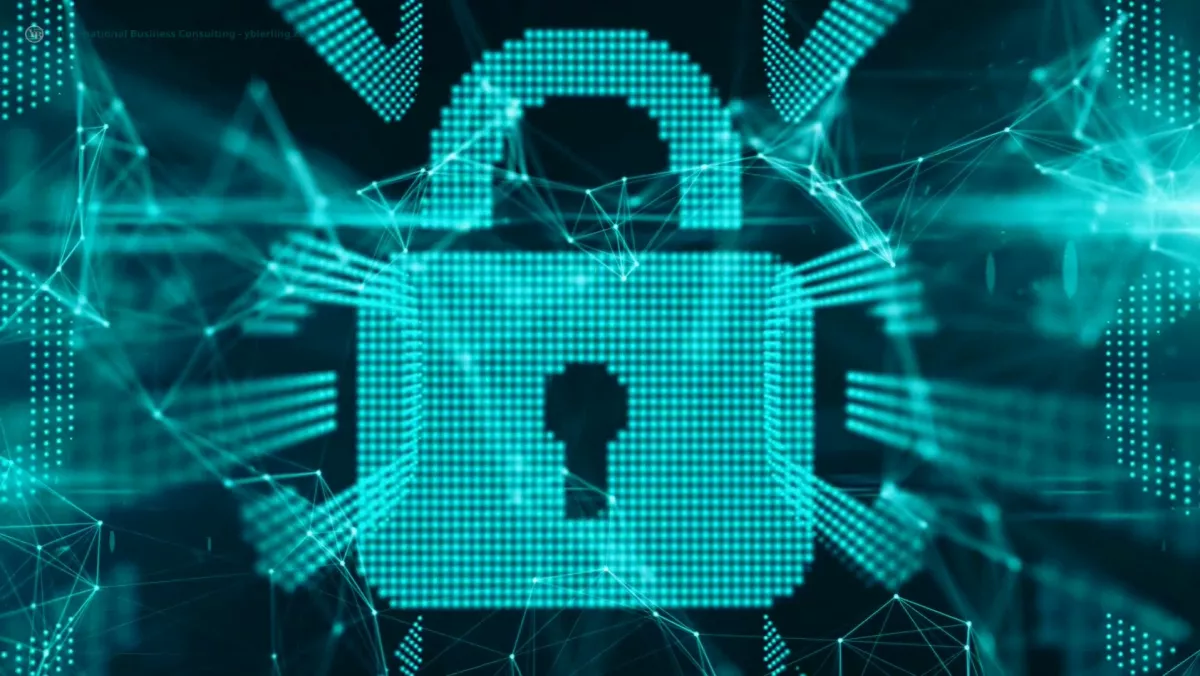If you could easily add an extra layer of security between your computer, the network you use and the websites you visit, would you? This is exactly what Virtual Private Networks (VPNs) offer.
Traditionally, VPNs have been offered by large companies to employees so they can use their internal networks while working remotely — at home, for instance. What you may not know is that VPNs can yield more benefits than accessing an authorized company’s internal network.
Why VPNs?
To appreciate the value of a VPN, you should understand a few things about your current state of online security and privacy without a VPN. Let’s assume you have a wireless connection on your laptop. When you access the web, your wireless connection can be eavesdropped unknowingly by attackers within a reasonable 500-foot radius. Even if you have a secured wireless network, if that network is breached, your credentials can be easily taken without your knowledge.
VPNs function by creating a new “virtual” network connection and tunneling all your existing network traffic through their service, encrypting it along the way. They also offer the benefit of allowing you to select which ‘exit’ servers connect you to the web. Say your internet connection is really in Phoenix, you can route your internet traffic through New York, or London, or Sweden, or many other places around the world. In some countries and areas, online services (social media, websites, videos, streaming services, etc) may be blocked.
VPNs allow you to safely get around these types of restrictions.

So, to recap, VPNs offer these benefits:
- End-to-end encryption of your internet connection
- Choice over which servers to route your connection
- Privacy from IP geo-location, potentially identifying your whereabouts across the web
- Access to previously blocked websites or services on your network or region.
Bloggers, Journalists & Business People
If you write content on your blog or online publication, your credentials could be eavesdropped more easily on public wireless networks or even when connecting with an Ethernet connection at another place. If you are writing for a popular blog (bloggers), accessing documents about proprietary or confidential material (business people) or even interacting with sources for a story (journalists). These three roles need more sophisticated security than what current wireless routers can provide — thus using a private VPN would be preferable.
Bloggers who log into their blog (or revisit it while cookied) could be putting their site at risk for someone to access it in an unauthorized way. Using SSL and additional countermeasures on their blog will help, but largely, you don’t want your credentials to be floating around in the open. And yes, even with SSL, authentication cookies can be intercepted, too.
Especially for journalists and reporters, with the current state of government surveillance of online communications, you could risk burning sources and having your rights violated. If you want to more securely interact with a whistleblower or other tipster over encrypted services, you should invest in securing your network security.
For business travelers and coffee shop entrepreneurs, your data is valuable to thieves. You might not think much of it. We might not think much of it — checking email, posting a Facebook update, checking the balances of your bank accounts, accessing a document from Google Drive, syncing notes on Evernote, downloading a document from Dropbox. All these services often require your credentials to access documents. To an attacker who wishes to engage in fraud, corporate espionage or other competitive intelligence against you, you are a valuable target.
VPNs protect bloggers, journalists, reporters and business people by securing their connection from eavesdroppers. Depending on your needs and wishes for performance, you may want to consider upgrading to a paid VPN, but it’s a good idea to get started with a free VPN to understand the technology. Most of the services are user-friendly and easy to setup, but could be a bit trying the first time.
NOTE: If you use a computer issued by a company (meaning, it’s the company’s property), you should use a corporate VPN. Check with your system administrator before configuring a VPN.
Free VPNs
Free VPNs may limit connectivity or inject advertisements into your surfing experience. However, they offer an increased level of security for most people. Free VPNs also tend to have lesser-quality traffic, including spammers, so if you post comments on blogs, you may be restricted.
- Hotspot Shield
- Tor & Tor Browser (Not a VPN exactly, but can be.)
- ProXPN
- CyberGhost
The downside of a free VPN is how they use your data. Intent data could very well be sourced from free VPN users to surface search intent and marketing data. Free VPN providers, in therory, could also apply cookie-jacking networkwide and users wouldn’t know.
Paid VPNs
Paid VPNs offer increased bandwidth and performance for users. They also offer support, just in case there are connectivity issues. They also offer a number of other exit nodes (IPs / servers) to connect to. Due to the higher barrier of entry, the traffic congestion is better for a better quality connection.
- PureVPN — It’s what I use and recommended!
- HideMyAss
- VyperVPN
- IPVanish
- PrivateInternetAccess
- NordVPN
When it comes to online privacy, I believe a VPN is an excellent way to protect your internet connection, especially if you use wireless networks. If you have client meetings in their offices and connect to their networks, it’s prudent to control your security and not permit others to monitor your connection. Should we need to use VPNs? Not ideally, but this is the world we live in and I’d rather take proactive measures to secure my data and not be the next victim.
I’m curious about your experiences with your VPN services. Share your thoughts in the comments along with specifics of why you chose them.
This post is a part of my 60 days of blogging. Read more about #60DOB.
Photo credit: Vinu Thomas

